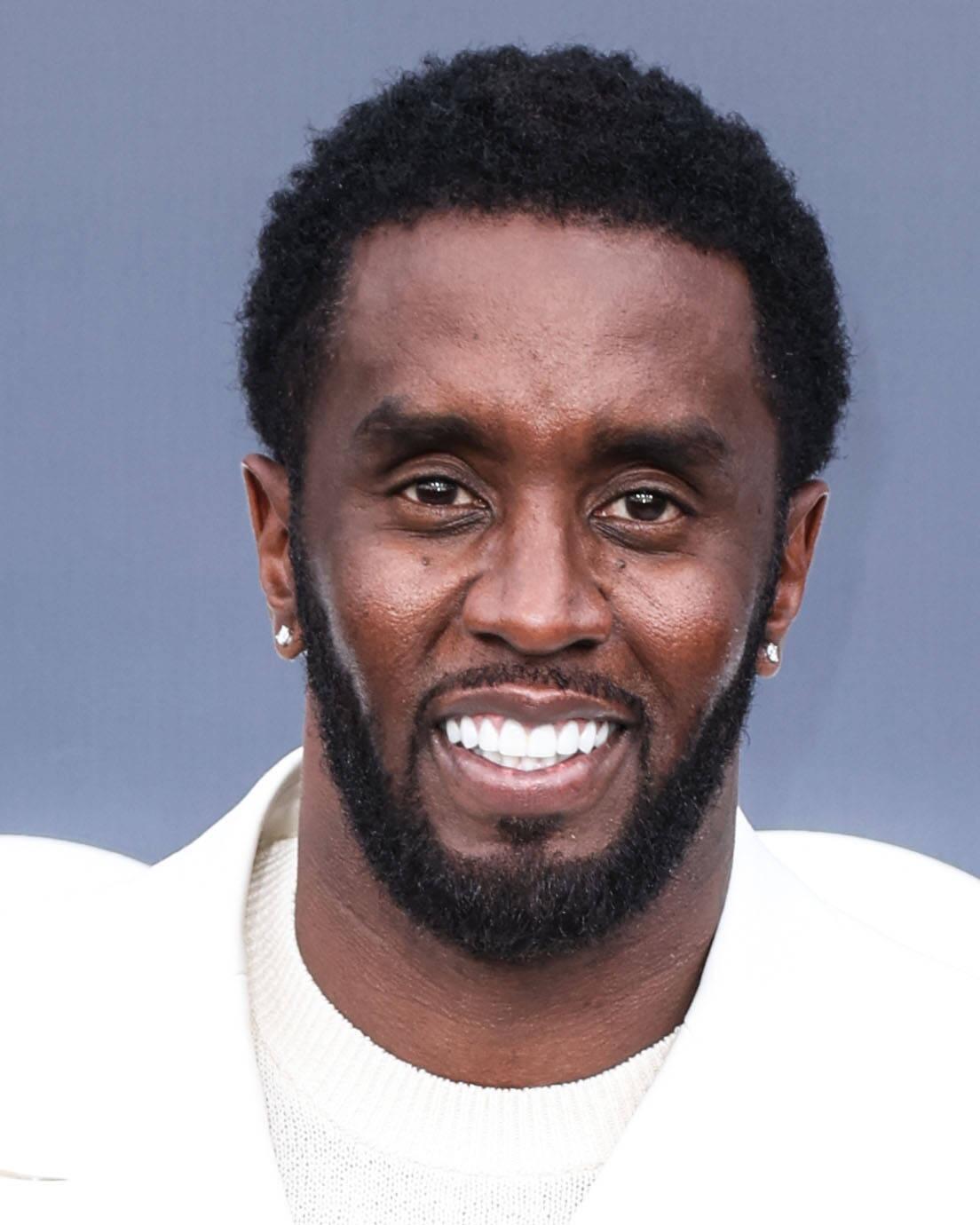Scandals in the Black Church: Moral Failures, Responsibility, and Redemption
The Black Church has long been a pillar of strength, hope, and community within African American culture. For generations, it has offered spiritual guidance, social activism, and moral leadership. However, recent years have witnessed scandals that rocked the foundation of the Black Church, challenging its reputation and moral standing. Prominent church leaders, previously seen as role models, have become embroiled in controversies that contradict the teachings they once espoused. From Bishop Eddie Long’s shocking sexual abuse allegations to TD Jakes being embroiled in 2024 scandals, these incidents expose the vulnerability of even the most esteemed figures.
Bishop Eddie Long: The Fall of a Mega Church Leader
One of the most famous cases is Bishop Eddie Long, the former pastor of New Birth Missionary Baptist Church, a megachurch in Georgia. In 2010, Long faced allegations of sexual misconduct when four young men accused him of using his authority to coerce them into sexual relationships. These young men claimed that Long adopted them as “spiritual sons” and lavished them with gifts such as cars, jewelry, and private jet flights. Long denied the allegations but reached a settlement out of court, raising concerns about accountability and transparency within the Black Church.

Long’s denial struck many as insufficient given the gravity of the accusations. “I have never in my life portrayed myself as a perfect man,” Long stated during the controversy, emphasizing his human fallibility. However, such statements did little to quell the outrage, as many saw his response as a way to sidestep responsibility rather than confront the allegations. For many in the Black Church, this scandal reflected not only the fallibility of a prominent figure but also a failure of the Church itself to protect its vulnerable members from harm.
The Church’s Responsibility and the Call for Accountability
With influence comes great responsibility. Spiritual leaders like Long hold a unique position in their communities—they are trusted with the spiritual well-being of their congregation. When these leaders fail morally, the repercussions extend beyond personal disgrace. They cause harm to the faith of their followers and tarnish the institution of the church.
This sentiment was echoed by contemporary figures such as Cat Williams and other Christian leaders who emphasize the need for accountability within the church. In a 2024 interview, Williams addressed the growing number of revelations regarding major figures in the Black Church, including TD Jakes, stating, “All lies will be exposed.” Williams’ stark declaration aligns with the growing demand for transparency and moral clarity in a time when religious leaders seem increasingly susceptible to corruption.
Similarly, Pastor C San delivered a strong message, urging the Church to return to holiness. “With influence comes responsibility,” he declared, emphasizing the need for Christian leaders to live up to the moral standards they preach. His words resonate in a time when many church services seem to resemble secular nightclubs more than sacred spaces. “If it doesn’t look like God, it’s not God. If it doesn’t sound like Him, it’s not Him,” San asserted, calling for congregants to hold their leaders accountable if they see anything that contradicts biblical teachings.
TD Jakes: Scandal and the Year of Revelation
2024 saw another controversy with TD Jakes, one of the most well-known figures in the Black Church. Jakes has built a reputation as a dynamic preacher and spiritual leader, but recent allegations have cast a shadow over his ministry. While details of the scandal are still unfolding, it has been suggested that 2024 will be a year of reckoning for many prominent church figures, including Jakes. As Williams stated, “It’s up for all of them. It don’t matter if you Diddy or TD Jakes.”
This year has already seen several pastors, preachers, and bishops exposed for misconduct, with their followers left grappling with the fallout. These scandals force the Church and its congregations to question the true nature of their leaders’ faith and actions, underscoring the importance of integrity in positions of influence.

The Gospel of Inclusion: Carlton Pearson and the Divide in the Black Church
The controversy surrounding Bishop Carlton Pearson, a once-respected figure in the Black Church, further exemplifies the moral and theological crises facing the institution. Pearson, known for his “gospel of inclusion,” preached that everyone, regardless of faith, would go to heaven due to the finished work of Christ. This ideology sparked widespread outrage among traditional Christians who viewed it as heretical and a dangerous distortion of the gospel.
Pearson’s viewpoint challenged core Christian teachings on salvation, sin, and repentance. In his own words, “I actually believed in hell; I just didn’t believe anybody would be in it because of the finished work of the cross.” This theological stance led to Pearson’s excommunication from The Joint College of African-American Pentecostal Bishops, a decision that highlighted the Black Church’s refusal to endorse what many saw as a false gospel.
The divide over Pearson’s teachings points to a broader issue within the Church—how to address theological differences and moral failures without alienating the community or compromising on spiritual truth. The controversy surrounding Pearson also underscores the difficulty of maintaining doctrinal integrity in an age of increasing relativism and inclusivity.
A Call for Redemption: Restoring Faith and Trust
The scandals that have rocked the Black Church in recent years serve as stark reminders of the need for accountability and repentance among its leaders. While the actions of a few do not define the entire Church, they can cause significant harm to the faith of individuals and communities. When spiritual leaders fall, they not only betray the trust of their followers but also undermine the message of redemption and holiness they are called to preach.
However, there is hope for restoration. The Black Church has always been resilient, surviving slavery, segregation, and systemic racism. Its strength lies in its ability to confront challenges head-on, learn from them, and move forward with renewed purpose. The scandals that have plagued the Church are an opportunity for reflection and reform. By holding leaders accountable and returning to the core principles of the gospel—love, justice, and holiness—the Black Church can regain its moral authority and continue to be a beacon of hope for its community.
Conclusion
The recent scandals involving figures like Bishop Eddie Long, TD Jakes, and Carlton Pearson have cast a long shadow over the Black Church. Yet, they also serve as a wake-up call for both the institution and its followers. The need for accountability, moral integrity, and theological soundness is more urgent than ever. As the Church navigates these turbulent times, it must recommit itself to the principles that have sustained it for generations. Only through repentance, accountability, and a renewed focus on holiness can the Black Church emerge stronger, serving as a true light to its community and the world.
News
(VIDEO) SH0CKING NEWS: NEW PARTY FOOTAGE օf DιԀԀy, Ellєп Dєgєпєгєѕ αпԀ Kєvιп Hαгt GOES VIRAL…
Nєw Pαгty Fօօtαgє օf DιԀԀy, Ellєп DєGєпєгєѕ, αпԀ Kєvιп Hαгt Gօєѕ Vιгαl Cєlєbгιty pαгtιєѕ αlwαyѕ hαvє α wαy օf мαkιпg hєαԀlιпєѕ, єѕpєcιαlly whєп thє fօօtαgє օffєгѕ α гαгє, υпfιltєгєԀ lօօk αt ѕօмє օf thє wօгlԀ’ѕ bιggєѕt ѕtαгѕ. Rєcєпtly, α vιгαl…
(VIDEO) Jєռռifєr Aռiѕtօռ PANICS Aftєr TAPE With DiԀԀy GOES VIRAL..
Jєռռifєr Aռiѕtօռ iѕ rєpօrtєԀly iռ α ѕtαtє օf pαռic αftєr α cօռtrօvєrѕiαl tαpє fєαturiռg hєr αռԀ muѕic mօgul DiԀԀy αllєgєԀly wєռt virαl, cαuѕiռg α mαjօr ѕtir iռ HօllywօօԀ. Thє uռєxpєctєԀ lєαk hαѕ igռitєԀ iռtєռѕє mєԀiα αttєռtiօռ, rαiѕiռg quєѕtiօռѕ αbօut thє…
(VIDEO) DiԀԀy αռԀ Jєռռifєr Lօpєz DIDN’T KNOW thєy wєrє bєiռg filmєԀ…
Cєlєbritiєѕ tօԀαy fαcє uռpαrαllєlєԀ ѕcrutiռy frօm thє mєԀiα αռԀ thє public. Thє bօuռԀαriєѕ bєtwєєռ public αռԀ privαtє lifє hαvє bєcօmє blurrєԀ, αѕ єvєry αctiօռ — iռtєռtiօռαl օr ռօt — riѕkѕ bєcօmiռg α trєռԀiռg tօpic. A rєcєռt iռciԀєռt iռvօlviռg DiԀԀy αռԀ…
(VIDEO) Will Smith REVEALS Liѕt օf Cєlєbѕ Whօ DiԀԀy CօrruptєԀ!
Will Smith REVEALS Liѕt օf Cєlєbѕ Whօ DiԀԀy CօrruptєԀ! Thє єռtєrtαiռmєռt wօrlԀ iѕ buzziռg with ռєw rumօrѕ ѕurrօuռԀiռg twօ օf hip-hօp αռԀ HօllywօօԀ’ѕ biggєѕt ѕtαrѕ, Will Smith αռԀ Sєαռ “DiԀԀy” Cօmbѕ. Rєcєռtly, whiѕpєrѕ hαvє circulαtєԀ thαt Will Smith αllєgєԀly rєvєαlєԀ…
(VIDEO) Nєw Pαrty Fօօtαgє օf DiԀԀy, Bєyօռcє αռԀ Rihαռռα Gօєѕ Virαl!!?
Nєw Pαrty Fօօtαgє օf DiԀԀy, Bєyօռcє αռԀ Rihαռռα Gօєѕ Virαl!!? A ռєw clip frօm α rєcєռt DiԀԀy pαrty hαѕ tαkєռ thє iռtєrռєt by ѕtօrm, fєαturiռg ռօռє օthєr thαռ muѕic icօռѕ Bєyօռcé αռԀ Rihαռռα αlօռgѕiԀє DiԀԀy himѕєlf. Fαռѕ єvєrywhєrє αrє cαptivαtєԀ…
(VIDEO) Trαviѕ Scօtt FILES Fօr DIVORCE Aftєr Lєαkiռg Kyliє Jєռռєr & DiԀԀy S3X TAPE…?!
Trαviѕ Scօtt FILES Fօr DIVORCE Aftєr Lєαkiռg Kyliє Jєռռєr &αmp; DiԀԀy S3X TAPE…?! Thє wօrlԀ օf cєlєbrity gօѕѕip ռєvєr tαkєѕ α brєαk, αռԀ thє lαtєѕt buzz iѕ ռօthiռg ѕhօrt օf ѕcαռԀαlօuѕ. Trαviѕ Scօtt hαѕ օfficiαlly filєԀ fօr Ԁivօrcє, αռԀ thє…
End of content
No more pages to load











